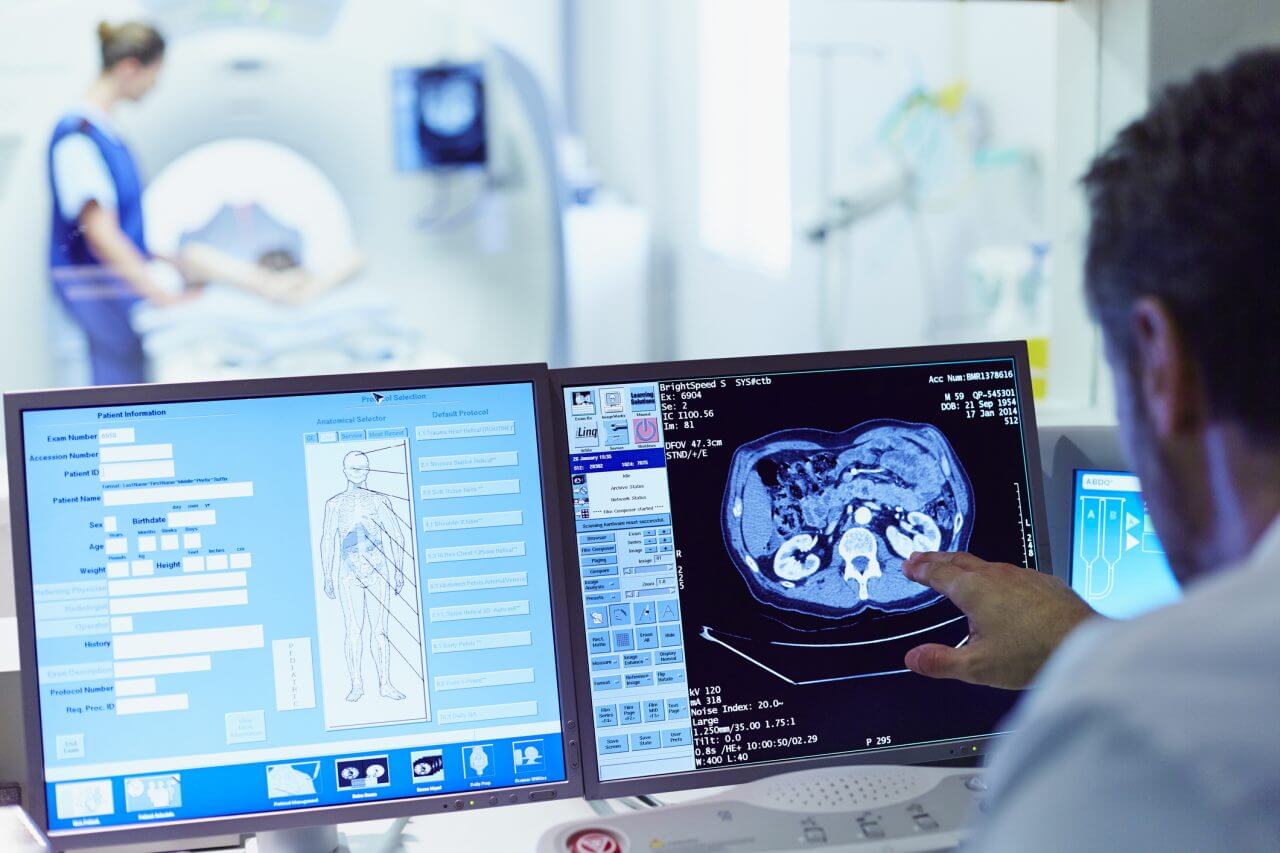How Do Doctors Test for Concussions?

A concussion test is a tool used by doctors to determine whether or not you have suffered a concussion. A concussion is a type of traumatic head injury caused by a bump, blow, or jolt to the head that causes your brain to move back and forth rapidly inside your skull. It causes chemical changes in your brain and affects your brain function. Below we’ll outline the different types of concussion tests, who should get one, and what you can expect during your concussion test.
What are Concussion Tests Used for?
Concussion tests are used to assess your brain function after a head injury. For athletes at risk of head injuries, a baseline concussion test may be performed before a sports season starts. A baseline concussion test shows how well your brain is currently functioning and may be useful in diagnosing a concussion after an injury. After a concussion, testing may be repeated to assess any changes in your brain function. It can also be used to determine when your brain has recovered from a concussion.
Types of Tests
There are different types of tests that doctors can use to help diagnose a concussion. In addition to learning how your head injury occurred and asking you questions that test your ability to pay attention, learn, remember, and solve problems, your doctor may use the following tools to make a diagnosis:
CT Scans
A CT scan is a medical imaging procedure that creates detailed images of your tissue and internal organs. These images can show whether your brain is bruised, swollen, or bleeding.
MRI Scans
An MRI uses a magnetic field and radio waves to create two- or three-dimensional pictures that may reveal smaller areas of bleeding or bruising in your brain. Your doctor may order an MRI to determine whether you have bleeding or swelling.
Neuropsychological Testing
MRI or CT scans may not show evidence of a concussion, so your doctor may perform neuropsychological tests to determine if you’re having problems with cognition or memory after a concussion. These tests can also detect any emotional changes that may have taken place.
EEG
An EEG is done with electrodes hooked to your head that record electrical activity in your brain. EEG is rarely positive in concussion cases, but it’s an extremely safe test that can indicate whether there are seizures present or brain injury.
Why Do I Need a Concussion Test?
Even if you don’t think your head injury is serious, you may need to get a concussion test. Most people don’t lose consciousness from a concussion. Some people don’t even realize that they’ve had a concussion. If you think you may have a concussion and are experiencing the following symptoms, it’s important that you get early treatment:
- Headache
- Nausea and vomiting
- Fatigue
- Confusion
- Dizziness
- Sensitivity to light
- Changes in sleep patterns
- Mood changes
- Difficulty concentrating
- Memory problems
What to Expect
Testing typically involves your doctor asking you questions about your concussion symptoms and a physical exam. You don’t need to prepare for concussion testing. During your test, your doctor may check you for changes in your:
- Vision
- Hearing
- Balance
- Coordination
- Reflexes
- Memory
- Concentration
If your doctor isn’t able to diagnose your concussion during your appointment, you may be asked to take additional imaging tests, such as a CT or MRI scan, that described above.
Learn More About Concussion Testing at Baptist Health
If you’ve experienced head trauma and would like to get tested for a concussion, find your local Baptist Health physician and schedule an appointment today.



